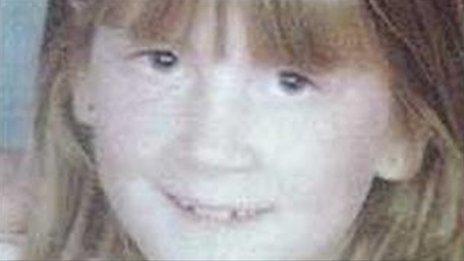Hyponatraemia: Five children's deaths led to 14-year quest
- Published
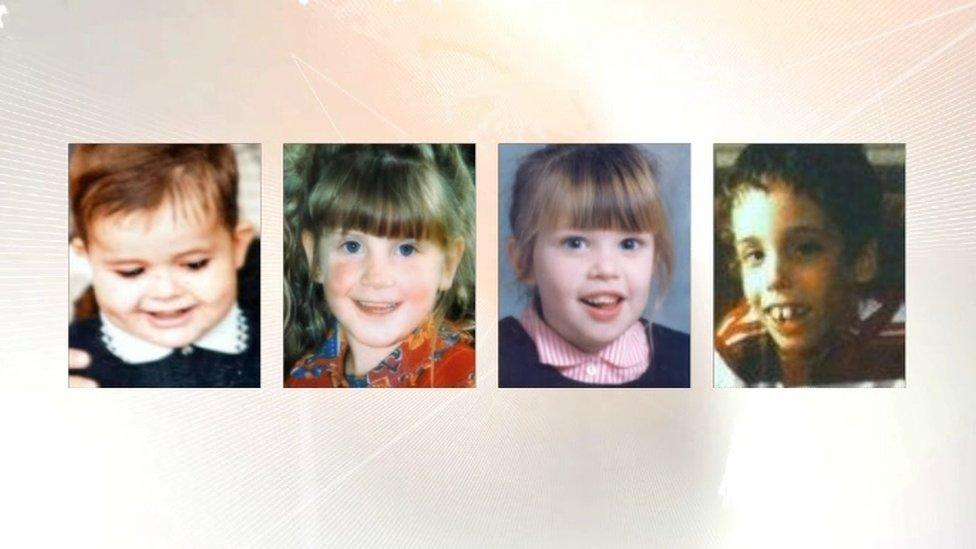
The inquiry directly examined the hospital deaths of three children, the aftermath of the death of a fourth and issues arising from the death of a fifth
The deaths of five children in hospital in Northern Ireland led to a 14-year quest for the truth.
The deaths triggered an inquiry into the care the children had received.
The youngest boy was just 17 months; the oldest was 15 years old.
They were Adam Strain, Claire Roberts, Raychel Ferguson, Lucy Crawford and Conor Mitchell. All five children died at the Royal Belfast Hospital for Sick Children (RBHSC) between 1995 and 2003.
Raychel, Conor and Lucy were transferred to the RBHSC after they became seriously ill in other hospitals run by different health trusts.
In 2004, inquiry chairman John O'Hara was tasked with investigating the deaths of Adam, Claire and Raychel. He also examined events following the deaths of Lucy and Conor.
Adam Strain
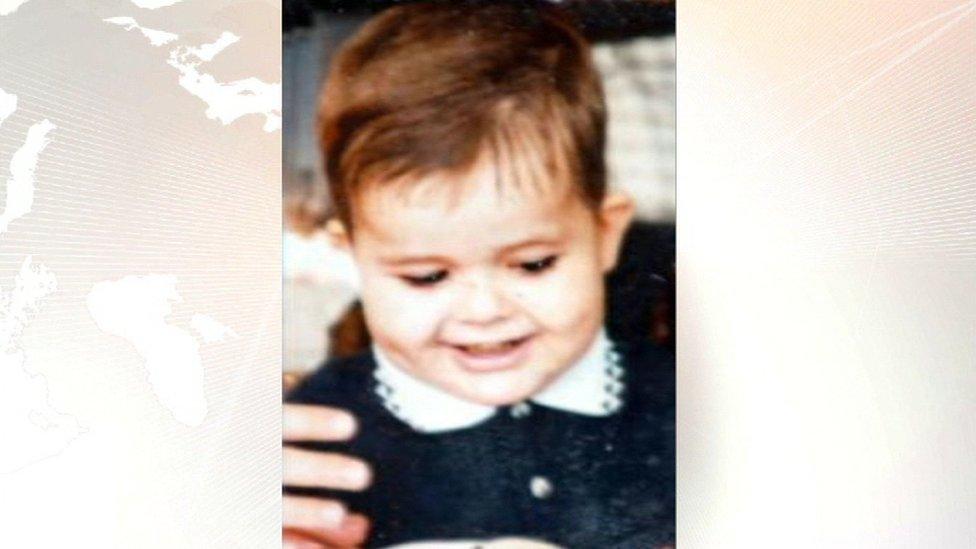
Adam Strain, four, died following a kidney transplant operation in 1995
Four-year-old Adam Strain died at the RBHSC on 28 November 1995.
Adam, from Holywood, County Down, had a kidney transplant at the hospital.
The inquiry was told that the donor kidney was partially functioning before the transplant operation took place.
It also heard that an expert witness, Dr Malcolm Coulthard, had described the amount of fluid given to Adam after his surgery as "inappropriate and massive".
A number of years later, the Belfast Health Trust admitted to the Strain family that it was liable for Adam's death.
The trust reached a settlement with the family, but a confidentiality clause prevented details of that agreement being reported at the time.
However, in October 2013, a lawyer for the Belfast Health Trust said it was publicly accepting liability for both Adam's death and the death of Claire Roberts.
Claire Roberts
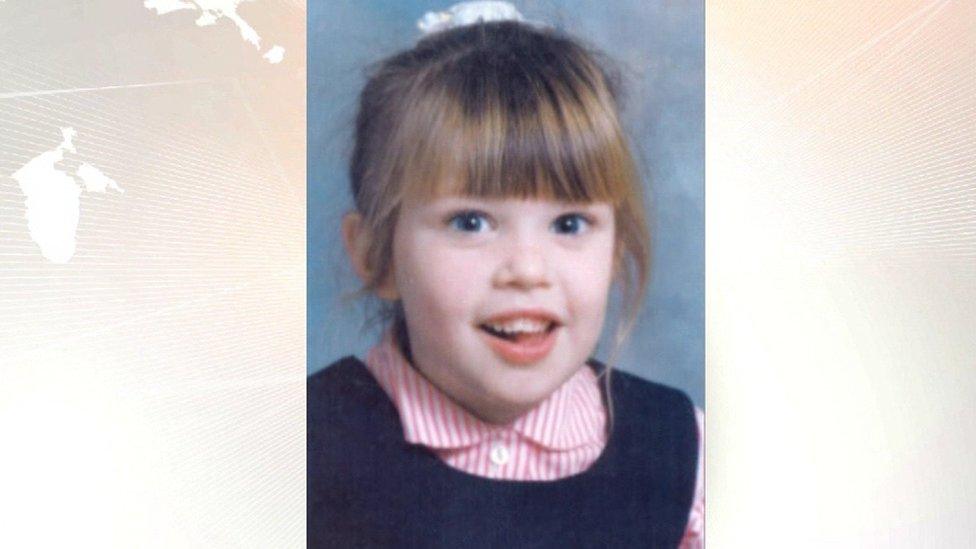
Claire Roberts' mother broke down in the witness stand at the inquiry
Nine-year-old Claire Roberts died at the RBHSC on 23 October 1996.
The east Belfast schoolgirl had a history of epilepsy and moderate learning difficulties.
Two days before her death, Claire had become ill with symptoms including vomiting and drowsiness - it was believed she was suffering from a stomach bug.
After seeing her GP, she was referred to the RBHSC's accident and emergency department.
Hospital doctors prescribed intravenous fluids. However, Claire was given a fatal overdose of fluids and medication.
That night, blood tests showed a low level of sodium in her bloodstream suggesting that she had hyponatraemia.
Over the next few hours, Claire's sodium level continued to drop and on 23 October she suffered a sudden respiratory arrest.
A scan showed severe swelling of her brain. She died later that day.
At the inquiry, Claire's mother, Jennifer, broke down in the witness stand. She said that she and her husband were told in October 1996 that their daughter had died from a viral infection.
Mrs Roberts said that it was only after the couple watched a 2004 television documentary about other children's deaths at the same hospital, that they noticed similarities with Claire's case.
In October 2013, 17 years after Claire died, a lawyer acting for the Belfast Health Trust said his client now accepted liability.
The lawyer said the trust was making "a full and frank admission" and was offering "a sincere apology for the shortcomings in the management of Claire's treatment".
Lucy Crawford
Lucy Crawford was just 17 months old when she died at the RBHSC on 14 April 2000.
Two days before her death, she was admitted to the Erne Hospital in Enniskillen, County Fermanagh, with symptoms including fever and vomiting. She was diagnosed with gastroenteritis.
Lucy had become dehydrated due to vomiting and was put on a drip.
But fatal mistakes were made in the management of her fluids and her condition deteriorated.
On 13 April, she was transferred by ambulance to the RBHSC in a "moribund state". Her condition did not improve and after two sets of brain stem tests, Lucy was pronounced dead at 13:15 BST on 14 April.
Her death was not reported to the coroner at the time.
Dr Jarlath O'Donohoe, who managed Lucy's care in the Erne Hospital, refused to give evidence at her inquest in 2004.
In 2008, Lucy's parents wrote to the inquiry chairman saying that, for personal reasons, they no longer wanted their daughter's death to be "considered in any way by the inquiry" and asking that all references to her be removed from its work.
The inquiry abandoned its direct investigation of Lucy's death, but was still required to investigate the events following Lucy's death.
These included the failure to identify the correct cause of her death and the extent to which an alleged cover-up by health staff contributed to Raychel Ferguson's death, 14 months later.
In 2009, the General Medical Council carried out its own investigation into Lucy's case and found Dr O'Donohoe guilty, external of serious professional misconduct.
The GMC said his record-keeping was "deplorable" and "inexcusable", but he escaped suspension at the 2009 disciplinary hearing.
Lucy's family has not released her photograph to the media.
Raychel Ferguson
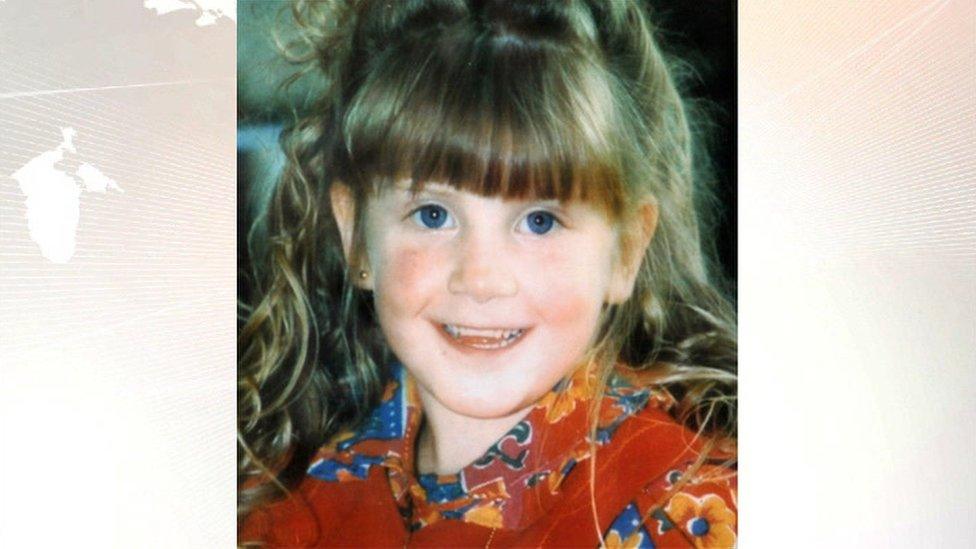
Raychel Ferguson died days after her appendix was removed by Altnagelvin Hospital
Nine-year-old Raychel Ferguson died at the RBHSC on 10 June 2001.
The schoolgirl, from Coshquin, County Londonderry, had been admitted to Derry's Altnagelvin Hospital three days earlier, complaining of acute abdominal pain.
She was diagnosed with appendicitis and underwent surgery to remove her appendix that day.
Initially, she recovered well from her operation, but the following day she began to vomit and complained of a headache.
The next day, 9 June, she suffered a series of seizures and was transferred to RBHSC's intensive care unit.
Within 24 hours, Raychel was dead. A post-mortem examination concluded that she died from cerebral oedema, caused by hyponatraemia.
Her mother, Marie Ferguson, told the public inquiry how she begged Raychel to wake up shortly before her life support machine was switched off.
Mrs Ferguson said that as her daughter's coffin was closed, she made a promise "not to stop until I got to the truth of what happened".
Dr Brian McCord, the consultant paediatrician at Altnagelvin Hospital who oversaw Raychel's case, told the inquiry that "we failed - Raychel was failed - regardless of any claim for negligence and liability".
Speaking from the witness box, Dr McCord told her parents: "I feel that communication difficulties, particularly on my part, have added to your distress. For example, the false hope that was offered and I, professionally, offer my apologies for that."
On 30 August 2013, the Western Health Trust, which runs Altnagelvin Hospital, admitted liability for Raychel's death.
Seven month later, the Ferguson family was awarded £40,000 in compensation following a ruling by the High Court in Belfast. However, her parents described the award as a "total insult" and an "absolute disgrace".
Conor Mitchell
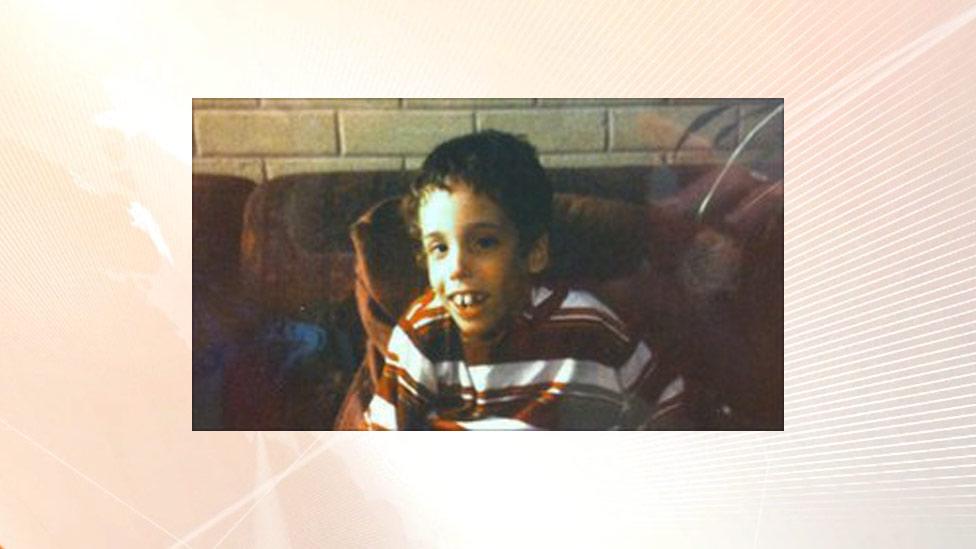
Conor Mitchell died in Belfast, four days after suffering seizures in Craigavon Area Hospital
Conor Mitchell was 15 years old when he died at the RBHSC on 12 May 2003.
He suffered from a severe form of cerebral palsy and also had mild epilepsy.
He became ill in May 2003 and, after about 10 days of sickness and vomiting, his mother brought him to the accident and emergency department at Craigavon Area Hospital, County Armagh.
On his first night in hospital, 8 May 2003, Conor suffered seizures, stopped breathing and became unresponsive.
Doctors took him to the intensive care department where they tried to resuscitate him.
The following day, he was transferred to the RBHSC. He died there three days later.
In October 2013, the Southern Health Trust, which runs Craigavon Area Hospital, wrote to Conor's family accepting liability for failing to implement guidelines during his treatment.
The Southern Health Trust also apologised for the lack of communication between themselves and the family.
Conor's parents described the apology as "cynical" because it had been "extracted after ten and a half years and on the eve of hearings into elements of their son's treatment".
Related topics
- Published31 January 2018
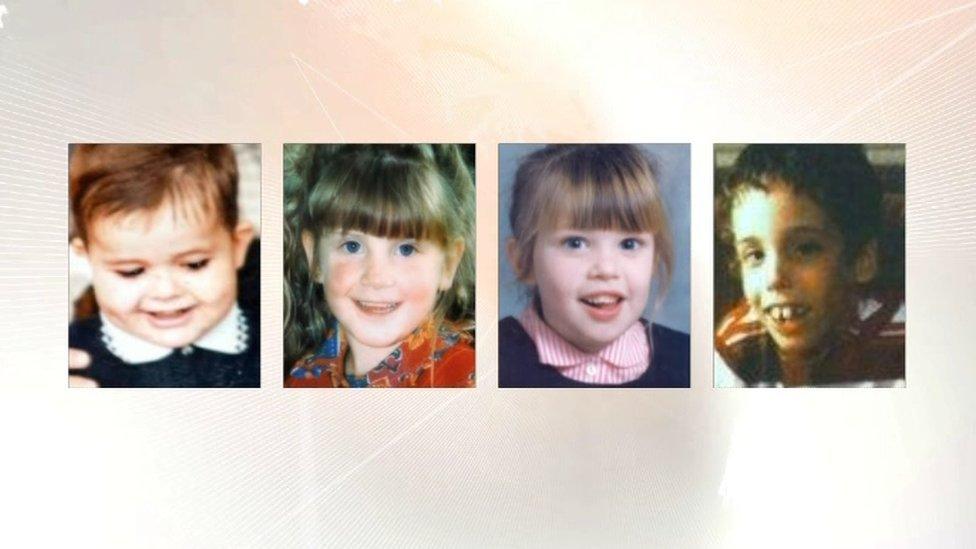
- Published12 November 2013
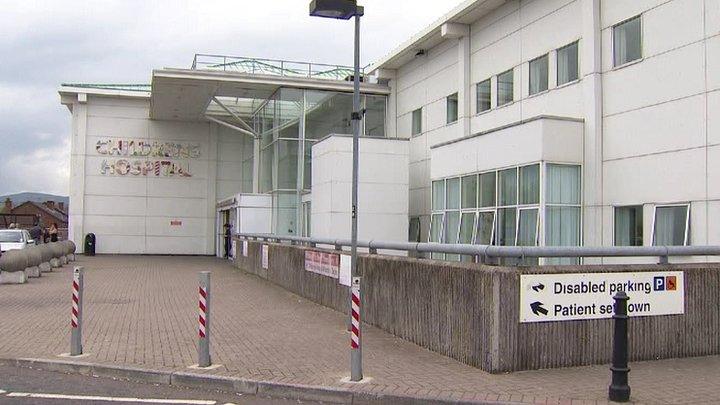
- Published7 November 2013
.jpg)
- Published30 August 2013
